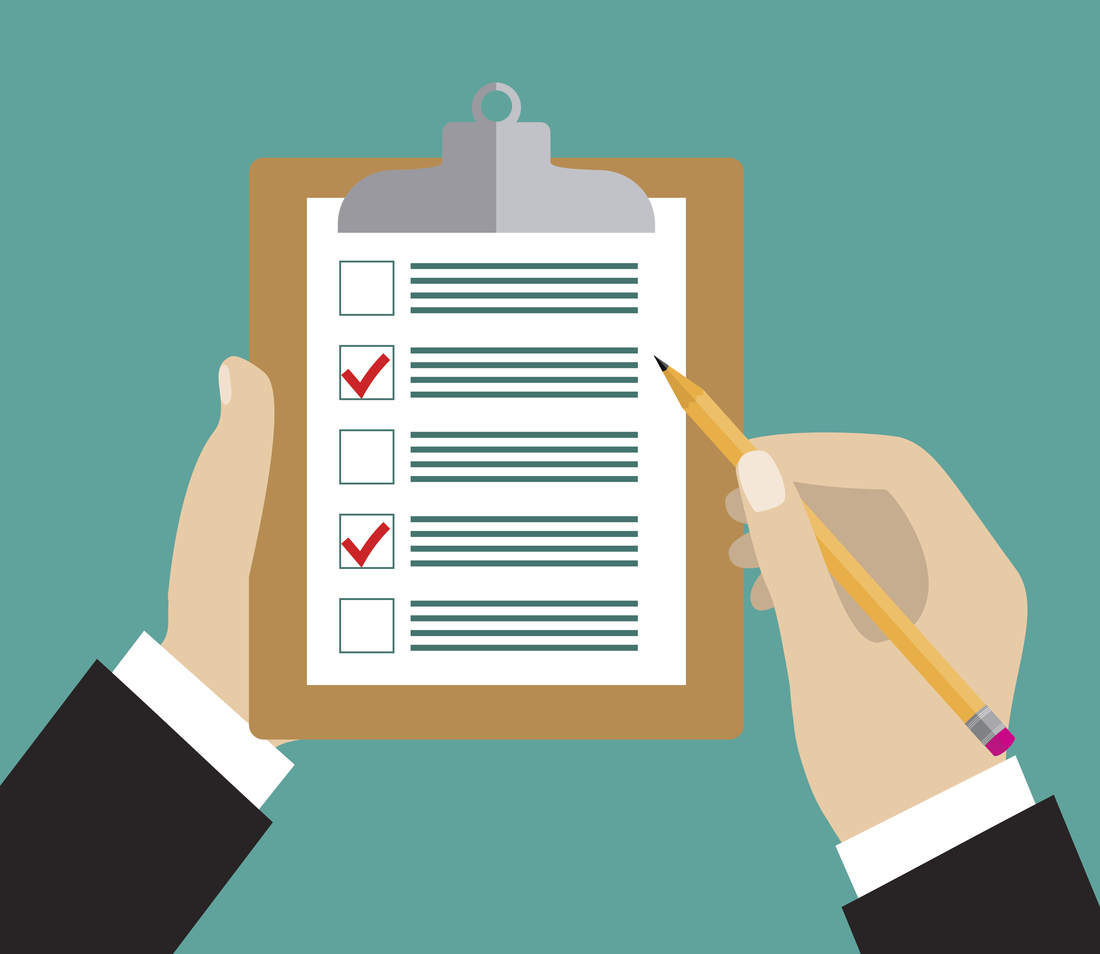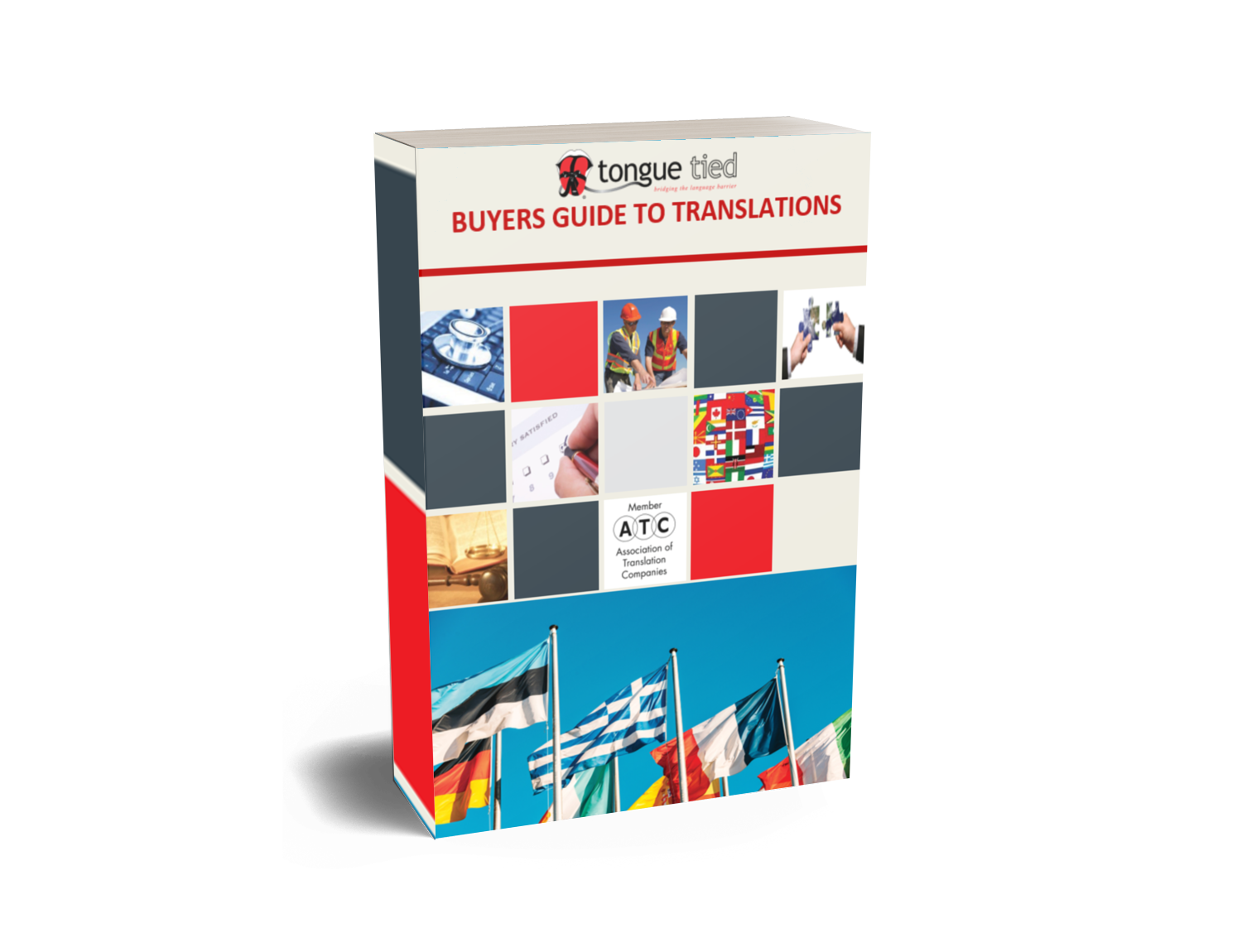Translation Checklist
The whole idea of hiring professionals, is for them to ‘unburden’ you: take a task off your hands and do it better than you ever could. That is if you have the skills and knowledge to complete that task in the first place.

In the case of translation, the likelihood is that you don’t have the language skills required and so you hand over responsibility entirely to a third party translation agency. The expectation is that what you will get back is a flawless text, a true representation of the original, just in another language.
However in order to reach this outcome, there’s more to your part in this process than you might think. As with most things in life, you get out whatever you put in…
We’ve compiled a checklist of things for you to consider each time you outsource a translation job.
- Target language (the language being translated into)
Make sure you are 100% clear on the language you need your text in and tell the agency. Most languages have multiple dialects. The impact of choosing the wrong one – or failing to specify one at all – can be a lot greater than innocuously using the US ‘garbage’ instead of ‘rubbish’ in UK English. The integrity of your message and image will be diminished otherwise, or worst still, the text will be completely unintelligible to your target group.
- Timings
These days, everything is a priority. Deadlines are tight. Translation agencies understand this. Reputable and ISO-certified translation agencies have processes in place to ensure that your work is delivered as soon as possible, without compromising on quality. The time required to complete your translation will depend on a number of factors, including the technicality of your text, availability of suitable translators and even time zones. We recommend getting in touch as soon as you become aware of the potential need for a translation, so that a quote and the associated admin can be arranged. Then, once we get the green light from you, the translation can begin immediately in earnest. Also bear in mind that you (and / or colleagues) might want to proofread the text. Be sure to factor in time for this final stage before the translated text is issued, printed or uploaded.
- Background + Context
The more background and reference information you can provide a translator with, the more accurate the translation will be. If the subject is a product, send any existing literature such as data sheets, brochures, web links etc. Photos can also be surprisingly helpful. Also make sure you give the full picture: where will the final text be used? For an advert? In a user manual? In a speech? Who is the audience? Are there any space or character restrictions (think Twitter or video subtitling)? Ask yourself all the same questions the writer of the original text would have considered.
- Terminology
Translators tend to specialise in certain fields. A legal translator wouldn’t attempt to translate a novel, and vice versa. That said, translators are human and cannot be expected to know everything. Ultimately, they are an external party, and do not have the same insider knowledge your business may have. Perhaps there are existing glossaries or languages resources in place within your organisation to help staff? If so, please share them.
However, it isn’t only technical texts that use ‘specific’ terminology. You or your company might have a preference for certain frequently used terms. You might ‘despatch’ a press release, not ‘dispatch’ it. Or ‘acquire’ and not ‘take over’businesses. Technical or not, share agreed terminology with the translation agency.
- Source text
A translator can only work with what they are given. The quality of the source text will largely dictate the quality of the foreign language text. If you have penned the English text yourself, have you taken the time to read it through? This may sound obvious, but often when we write ourselves – and let’s face it, time is usually not on your side – we can get too close to the text, making it easy for us to miss otherwise obvious errors. Check for grammar and sentence structure, as well as for consistency and clarity. Even better, have a colleague proofread it and provide feedback.
Which leads on to our final point…
- Queries
By following the above steps, you will have done all you can to facilitate the translation process. Not only will this help to produce an accurate and true representation of your original text,it will also save you time. You will have answered many of the potential questions that might otherwise have arisen during the translation process, eliminating unnecessary email traffic and phone calls, which slow the process down. This said, there may still be some unforeseen, valid queries from the translator. Rather than see these as a time drain or as a show of weakness or incapacity on the translator’s part, be glad every time you receive a justified query: this means that the translator is not second-guessing and clarifying anything ambiguous in the text. Remember that there is not always a direct equivalent in another language, so they may need your advice on the best work-around. If you aren’t available to answer emails/phone calls at certain times, pass on contact details of a colleague who can to your translation agency project manager.
We hope you found this checklist insightful and useful. Unsurprisingly, we feel it illustrates that, once again, communication is the name of the game. So please share your thoughts, questions, ideas or concerns with us and let’s make talking in tongues as easy as possible!


0 Comments